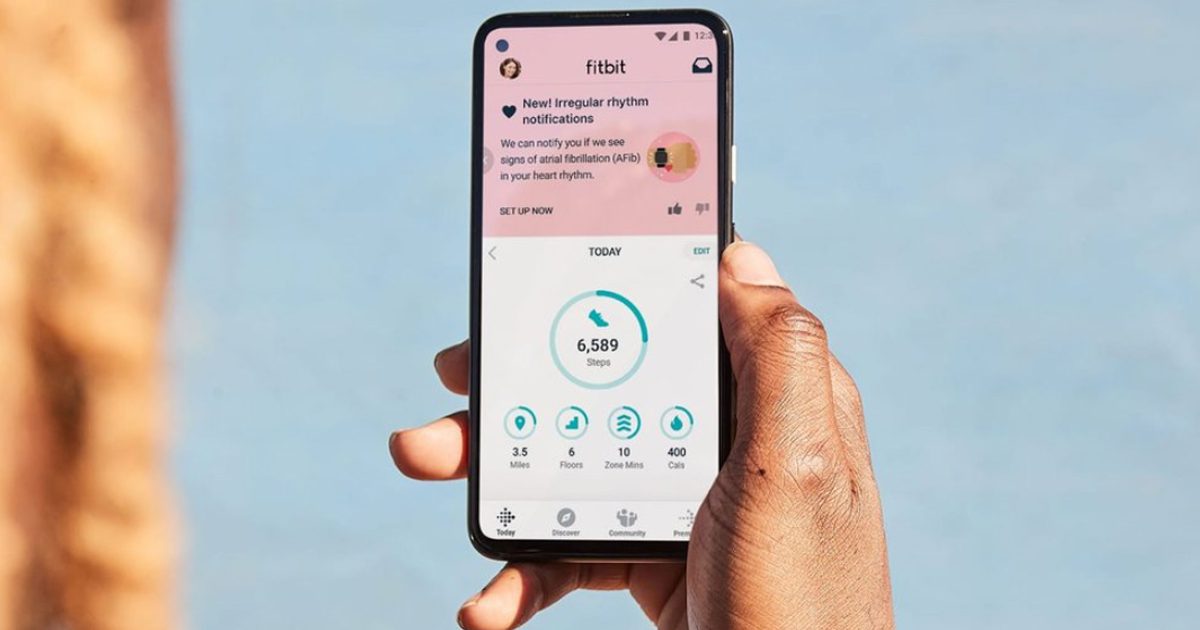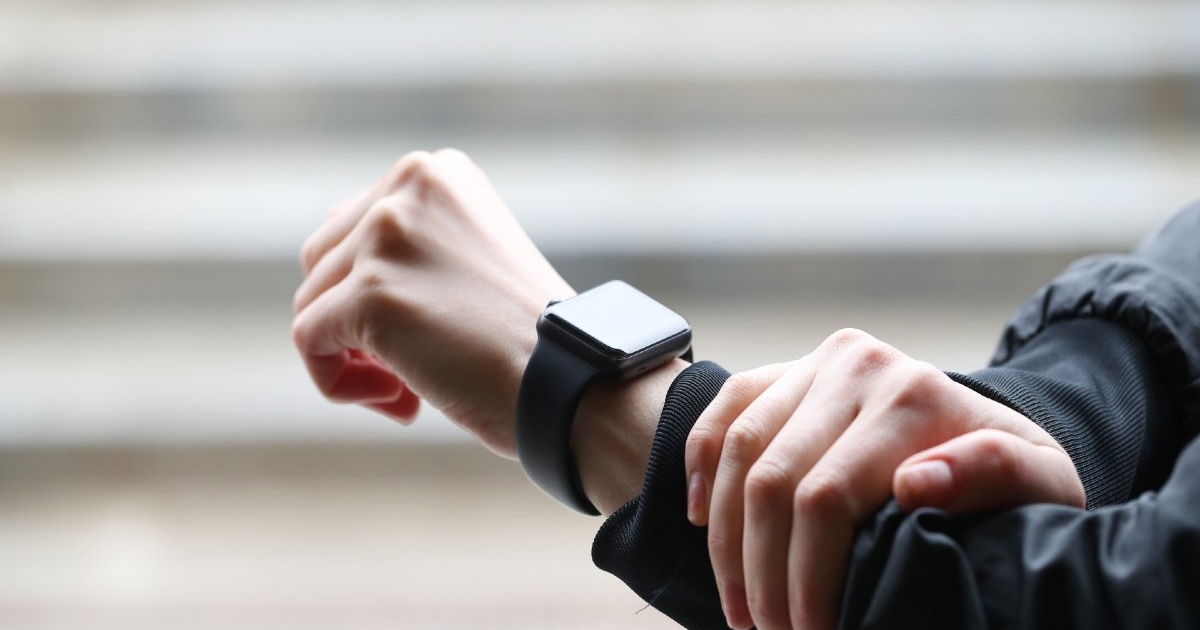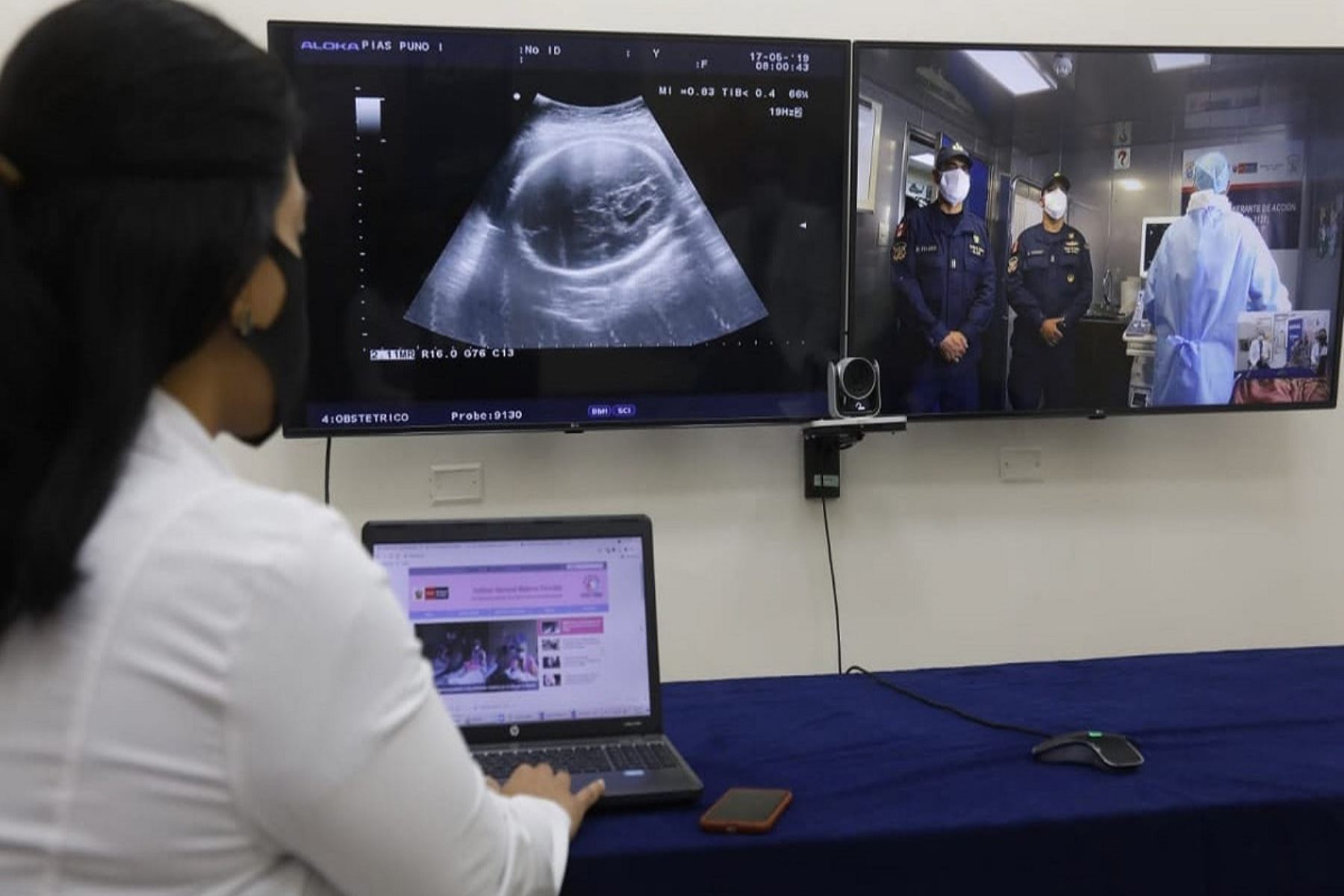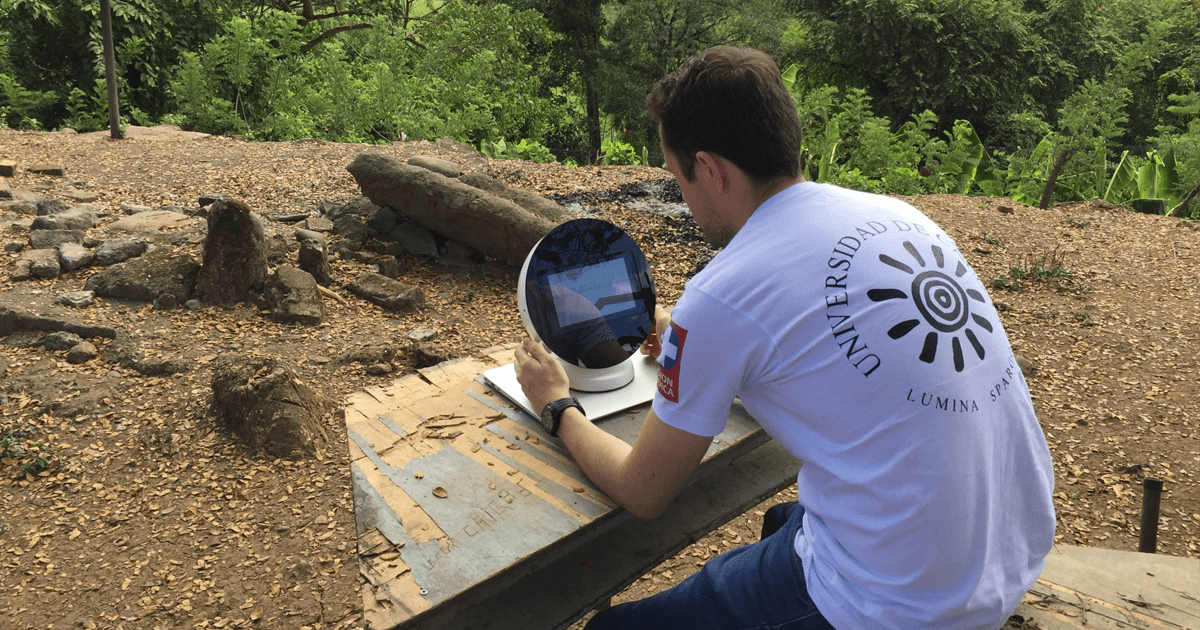Researchers at Harvard University's Brigham and Women's Hospital have developed a deep learning system capable of automatically measuring coronary artery calcium from CT scans.
Some indicators or predictors of cardiovascular problems such as heart attacks are coronary artery calcification or the accumulation of calcified plaque in the walls of the heart arteries. These risk factors can be detected through computed tomography (CT); however, measuring and quantifying the amount of plaque requires specialized equipment and personnel, in addition to being a time-consuming process.
Faced with this problem, researchers from the Artificial Intelligence in Medicine (AIM) Program at Brigham and Women's Hospital, Massachusetts General Hospital's Cardiovascular Imaging Research Center (CIRC), developed an algorithm based on deep learning to detect the amount of coronary calcium with greater agility.

The machine learning system was validated thanks to data from more than 20,000 patients. They were able to automatically measure coronary artery calcium from CT scans, and thus help physicians make decisions to prevent cardiovascular problems.
Co-author of the research, Michael Lu, director of artificial intelligence at the CIRC, explained, “The coronary artery calcium score can help patients and physicians make informed, personalized decisions about whether to take a statin. From a clinical perspective, our long-term goal is to implement this deep learning system in electronic health records, to automatically identify the patients at high risk.”
The results of the research and the process of developing the deep learning system were published in the journal Nature under the title:"Deep convolutional neural networks to predict cardiovascular risk from computed tomography”. It can be consulted at the following link: https://www.nature.com/articles/s41467-021-20966-2






